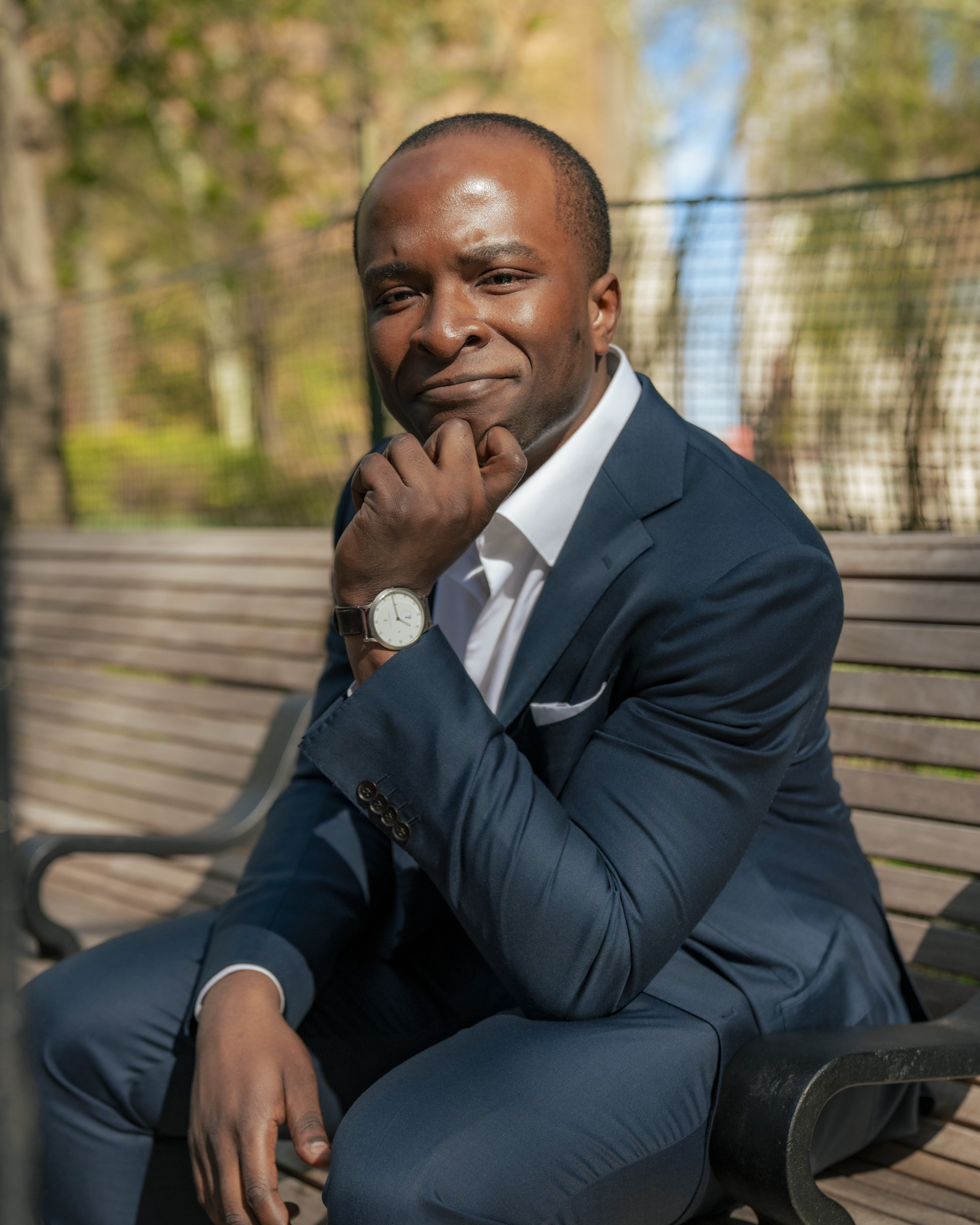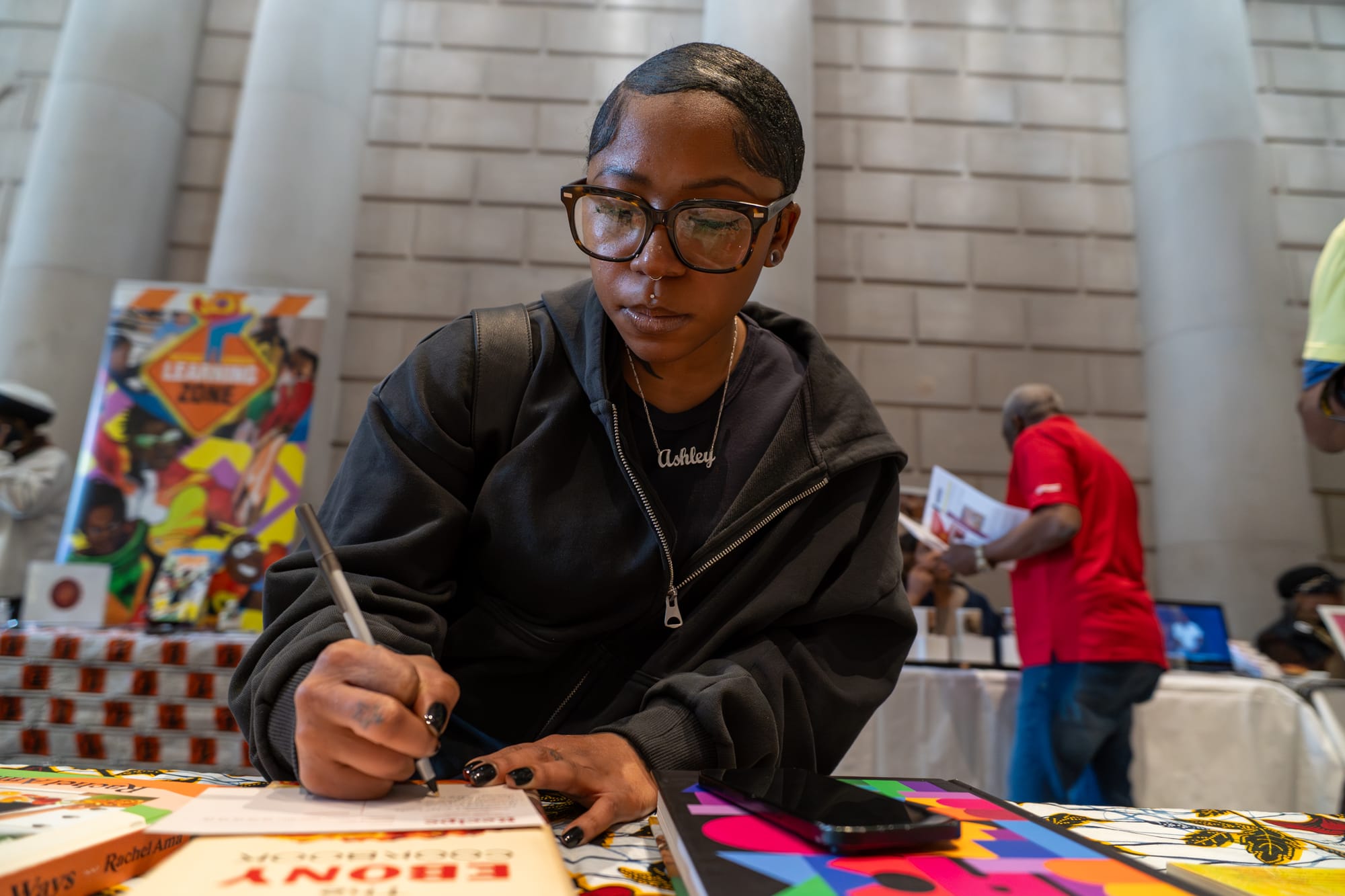Mayor Parker’s Big Budget Is a Bold Bet as Trump’s Cuts Loom
Philadelphia stands at a precarious intersection, balancing aspirations of renewal against the harsh reality of diminishing federal support.
Philadelphia stands at a precarious intersection, balancing aspirations of renewal against the harsh reality of diminishing federal support. Mayor Cherelle Parker’s State of the City address was as ambitious as it was pragmatic, unveiling a sweeping $6.7 billion budget aimed at reinvigorating public safety, housing, education, and infrastructure.
But even as Parker confidently laid out her vision, an uneasy question lingered: With a Trump administration intent on stripping federal funds from cities like Philadelphia, how long can Parker sustain this momentum?
Public Safety at Stake
Public safety was at the forefront of Parker’s proposal, highlighted by an allocation of $186 million toward community safety initiatives. Among these investments, the new forensic laboratory in West Philadelphia stands out—a $67 million venture designed to enhance the city’s crime-solving capacity. “We are excited about it,” Parker said. “It’s money well spent to help us solve crime and to keep Philadelphia safer.” But ambitious investments require sustained support, and if federal law enforcement grants become casualties of Trump’s political vendettas, Parker’s plans could quickly unravel.
Trump has made no secret of his intentions, openly threatening to cut federal aid to sanctuary cities like Philadelphia—a political move aimed at punishing urban centers perceived as opposing his administration’s immigration policies. As Parker pushes forward, Philadelphia must brace itself for potential gaps in funding that could undermine the city’s public safety objectives and strain already overburdened local resources.
Housing on Shaky Ground
Housing also featured prominently in Parker’s address. Her $800 million HOME Initiative is designed to create or preserve 30,000 affordable housing units within five years, a critical step in addressing Philadelphia’s deepening housing crisis. “Let me be clear: We started this work on day one and will not spend years in planning mode,” Parker asserted. “Philadelphians need more housing and they need it now.” But Trump's withdrawal of federal housing funds could jeopardize this initiative precisely when Philadelphia’s need is most urgent. Without the support of programs like Community Development Block Grants, Parker’s administration could be left scrambling to fulfill promises that hinge on federal dollars.
Education Hanging in the Balance
Education sits squarely within this financial uncertainty. The mayor's plan to expand Philadelphia’s year-round school program by 15 additional schools underscores her commitment to tackling educational disparities exacerbated by the pandemic. Yet even this modest $5.3 million investment could face hurdles if federal education grants and Title I funding become targets of a hostile Trump administration. Parker’s vision depends heavily on cooperation and support from federal entities that might soon be far less sympathetic to Philadelphia’s progressive educational goals.
Infrastructure at Risk
In infrastructure, Parker proposed meaningful investments, including $716 million dedicated to SEPTA and $15 million earmarked for cleaning and greening initiatives. She emphasized her administration’s resolve: “Philadelphia, this is important, don’t let anyone tell you we’re not contributing our fair share to help SEPTA while we await the Commonwealth’s support to put the system on solid ground.”
However, Trump’s past rhetoric and current policies suggest that urban infrastructure funding—particularly for transit projects in progressive, Democrat-led cities—could be among the first to face cuts. Without stable federal partnerships, Philadelphia may struggle to meet even basic transportation and sustainability goals, undermining both immediate improvements and long-term economic vitality.
Federal Cuts Could Derail Progress
These looming uncertainties represent a profound challenge not only to Parker’s ambitious budget but to Philadelphia's autonomy and future. During her speech, Parker assured the city that “nothing gets in the way” of her commitment to improving public safety, affordable housing, and quality education. But federal funding cuts driven by a politically antagonistic administration present a genuine, tangible threat to these commitments.
Philadelphia’s relationship with the federal government has always been complicated, but the Trump administration’s overt hostility toward urban areas that challenge its policies puts Parker’s bold proposals at risk. Her budget is undeniably aspirational, providing a necessary blueprint for a safer, fairer, and more prosperous city. Yet Philadelphia is no island, and Parker must quickly pivot to securing alternative funding sources, including state support and private partnerships, if she hopes to maintain progress despite looming federal cuts.




